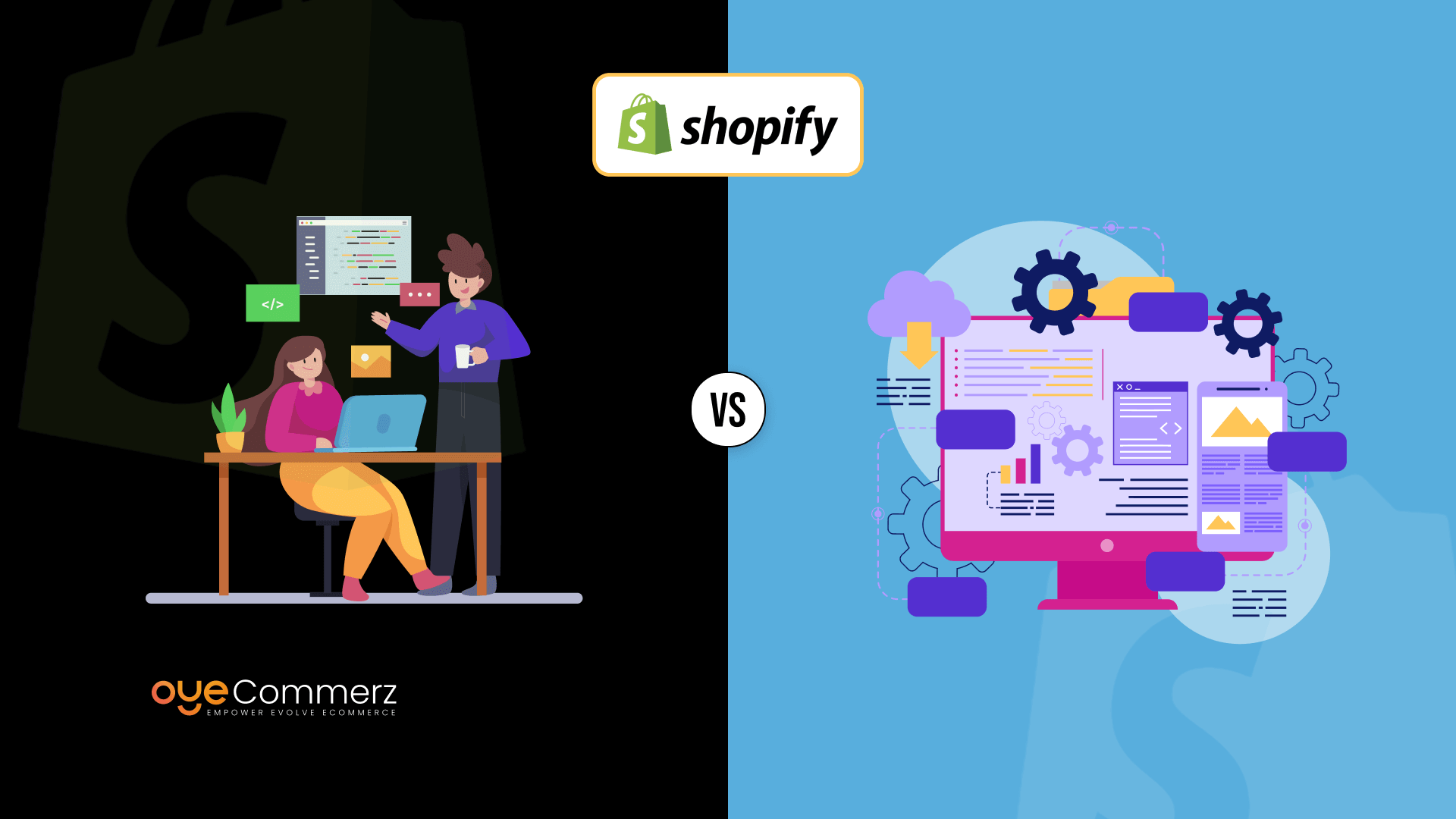Introduction
In today’s cutthroat e-commerce landscape, standing out is essential, and a top method to set apart a Shopify store is through tailored app development. A robust Shopify app can enhance store capabilities, simplify processes, and elevate customer engagement. This article explores essential elements of Shopify app development, from API integration to scaling strategies and digital marketing approaches, offering a roadmap for companies seeking unmatched store performance.
Why Shopify API Integration Matters
Shopify’s API offers robust tools to personalize and expand store functionalities. With the GraphQL and REST API options, developers can access data to create apps that handle inventory control, order handling, and customer data management seamlessly. Integrating Shopify’s API can lead to better workflow automation and allows stores to assist shoppers more effectively.
Adopting the Polaris Design System
Polaris is Shopify's set of design guidelines for designing intuitive and accessible Shopify apps. By following Polaris principles, developers ensure that apps seamlessly integrate within the Shopify Admin interface. This ensures a cohesive appearance that resonates with Shopify merchants, encouraging ease of use and comfort for merchants using your custom app.
Understanding the Shopify App Ecosystem
The Shopify app ecosystem provides numerous opportunities for enhancing online stores. From managing fulfillment processes to boosting customer interaction, apps in this ecosystem are designed to meet various business needs. Learning about this ecosystem assists developers in identifying unique app opportunities and enables seamless integration of third-party services that enhance the store.
Building Embedded Shopify Apps
Embedded apps integrate directly within the Shopify Admin, providing a smooth interface for merchants. They allow merchants don’t have to leave their Shopify control panel, simplifying their process. Using Shopify App Bridge and embedded app capabilities is recommended for providing a unified, well-integrated user experience.
Leveraging Node.js and React for Shopify Development
The technologies Node.js and React have become top options for Shopify app creation. Node.js enables high-performance server-side applications, while React enables interactive and adaptive front-end user interfaces. Combined, they offer an excellent platform for building fast, growth-ready Shopify apps that improve store functionality and customer interaction.
Utilizing Webhooks in Shopify Development
Webhooks allow real-time data synchronization between Shopify and an outside application. They trigger events such as order creation or stock changes and provide immediate notifications to your app. By utilizing webhooks, apps can deliver real-time information to store owners, simplifying processes and boosting efficiency.
Engaging Customers Through Digital Marketing for Shopify Apps
To make a Shopify app successful, connecting with users is crucial. Using online marketing techniques like SEO, email marketing, and social media campaigns can increase app usage. Additionally, designing apps with customer interaction as a focus (e.g., loyalty programs or personalized recommendations) boosts user retention and satisfaction.
Making Your Shopify App Scalable
As e-commerce stores expand, so do their technological needs. Ensuring that your app can manage higher usage, larger databases, and more complex functionalities is critical. By optimizing server capacity and using scalable solutions, you can develop apps that grow in tandem with a store’s success.
Essential Features and Maintenance for Shopify Apps
For an app to be effective, it should offer key capabilities like user authentication, analytics dashboard, and support channels. Ongoing app upkeep, including Shopify’s embedded app experience updates to fix bugs and compatibility checks with new Shopify functionalities, is vital to ensure uninterrupted performance and prevent disruptions to business processes.
Conclusion
Custom Shopify app development offers immense opportunities for e-commerce stores, providing the chance to enhance store functionality, simplify operations, and foster customer loyalty. From integrating APIs to ensuring scalability and Shopify API integration customer interaction, building a Shopify app requires careful planning and strategic execution. If you’re prepared to elevate your e-commerce experience, a custom Shopify app could be the perfect choice. What features do you envision for your dream application? Share your thoughts and begin the journey to an enhanced e-commerce journey!
